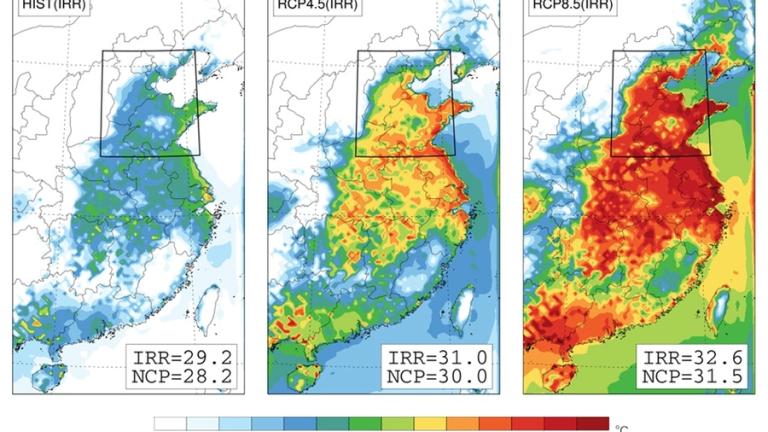
On June 7-9, the Vatican’s Dicastery for Promoting Integral Human Development hosted a dialogue, “The Energy Transition and Care for Our Common Home.” The event, sponsored by the University of Notre Dame’s Mendoza College of Business, convened leaders in the oil and gas, renewable energy, and global investment sectors. Former U.S. Secretary of Energy Ernest J. Moniz, the Cecil and Ida Green Professor of Physics and Engineering Systems emeritus, participated in the dialogue at the Vatican and had the opportunity to meet with Pope Francis. After the event, Moniz spoke with the MIT Energy Initiative — which he founded in 2006 as its inaugural director — on a few of the main themes and takeaways from the meeting.
Q: How would you describe the significance of this dialogue convened by Pope Francis — who has expressed strong support for the 2015 Paris Agreement — at the Vatican with leaders in the oil and gas industry and global finance?
A: In Pope Francis’s 2015 encyclical, “Laudato Si’, on care for our common home,” he emphasizes the moral and ethical dimensions of addressing the future of the planet and caring for the disadvantaged in the accompanying energy transition. In particular, he calls attention to the welfare of the poorest people who are most vulnerable to the impacts of climate change. This dialogue was significant in bringing together the Vatican’s voice with the voices of those who are responsible for delivering energy services — which are critical to lifting up the world’s poor — and leaders in global finance, who provide long-term financing for the capital-intensive energy economy. Having a closed-door, frank discussion of how we’re going to accomplish all of those objectives together — environmental, economic, and social justice — helped establish a common framework and foster a spirit of convergence towards solutions.
Q: Did any of the themes that emerged from the dialogue seem to especially resonate with participants?
A: The group discussed many aspects of the energy transition and how to get from today’s energy system to the lower-carbon system of tomorrow, including clean energy technological innovation but also business model and policy evolution. One of the areas of focus was carbon pricing to create market incentives for the transition to a low-carbon system — examining the issues around policies and the progressive use of the associated revenues to serve those disadvantaged by climate change. There’s a lot that could be done in this area, and MIT researchers could contribute substantively in developing analytically grounded approaches to socially progressive solutions.
Q: What takeaways from the dialogue could be useful for the MIT community to consider as we continue to implement our Plan for Action on Climate Change?
A: The MIT community and the Institute’s climate action plan certainly recognize the vital role of innovation, of technologies, and of “walking the talk” by reducing the Institute’s carbon footprint. The dialogue at the Vatican brings to the fore the moral and ethical issues, including the importance of taking care of those most vulnerable to climate change. This question of how to address the social dimensions — including the regional community and family issues that come into play in the United States in an accelerated energy transition — deserves heightened focus at MIT.





